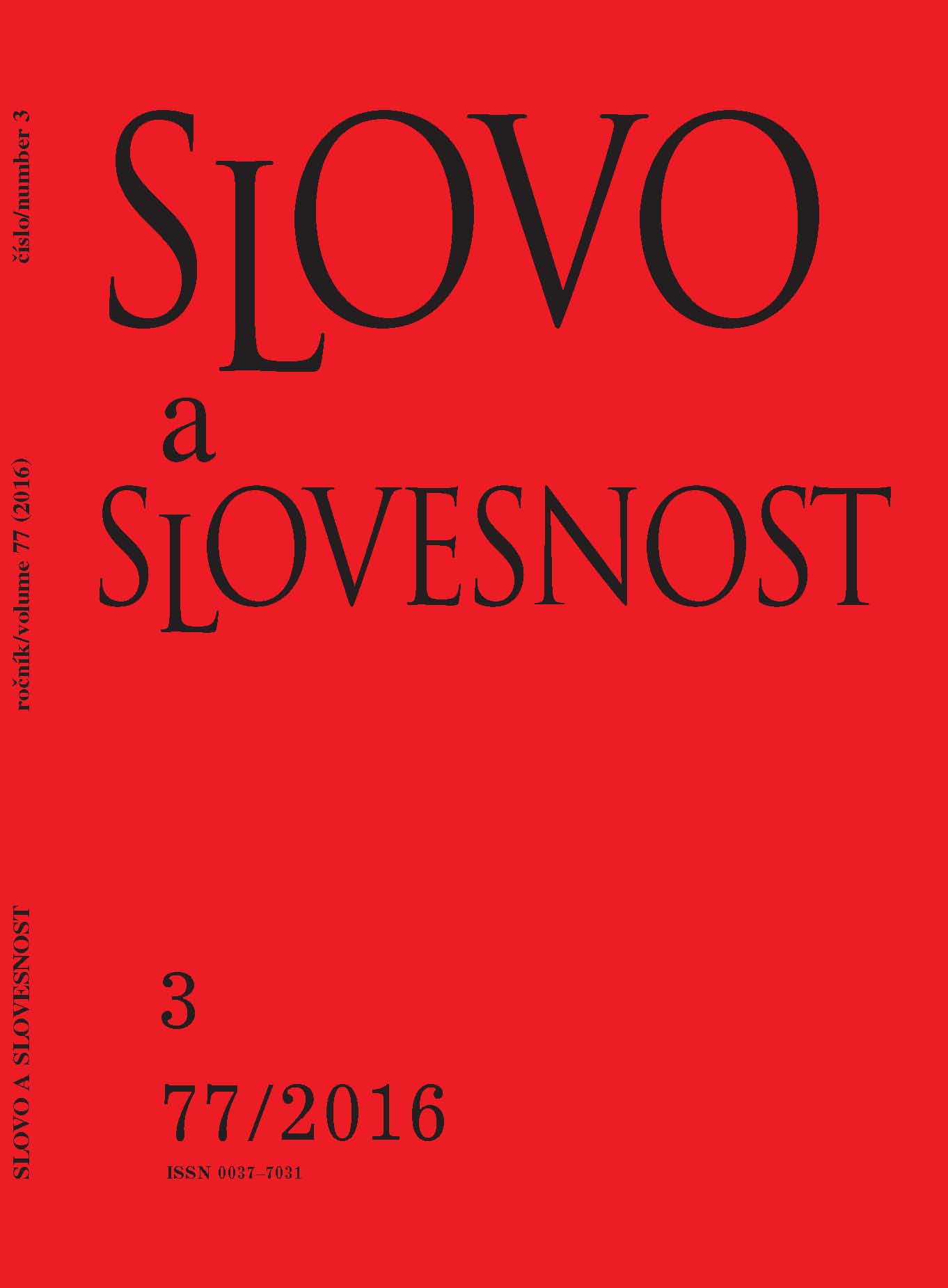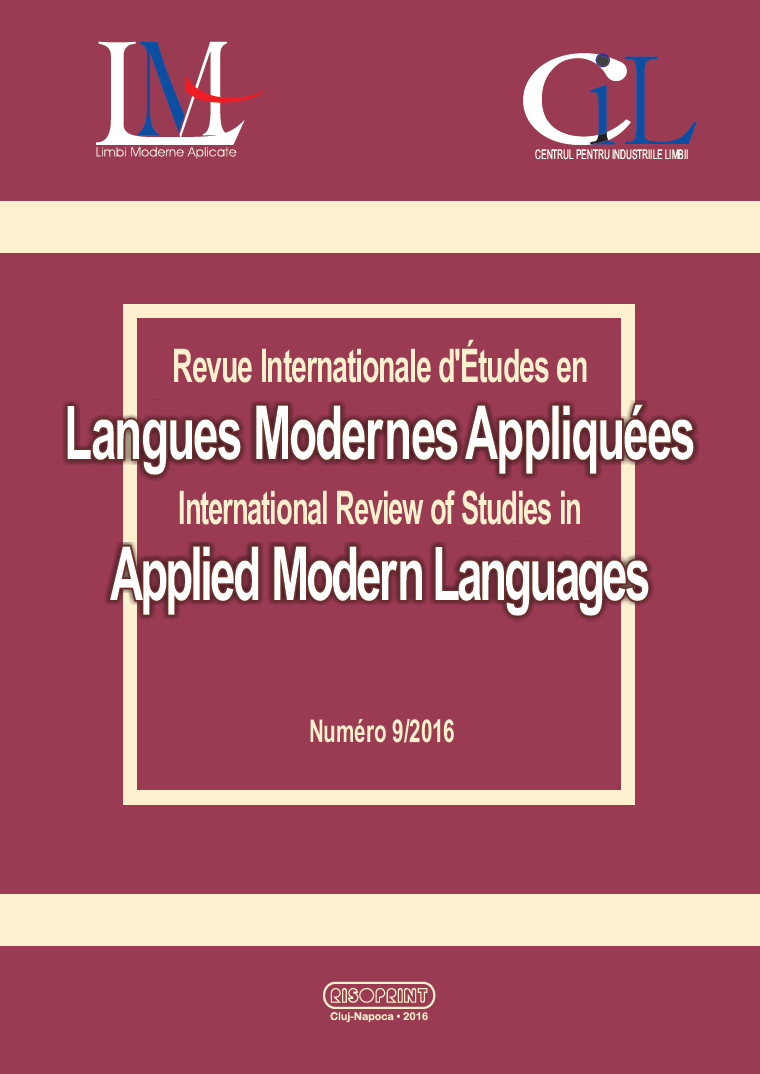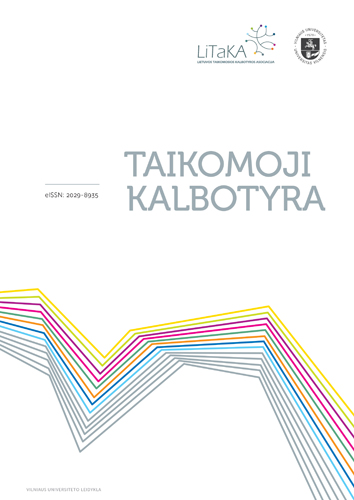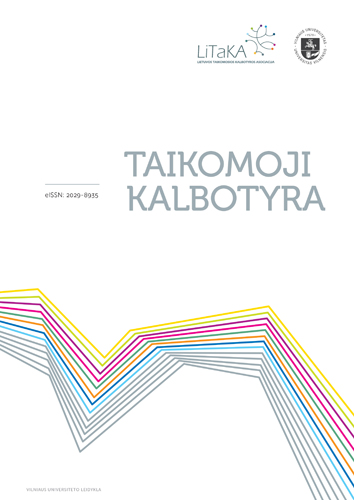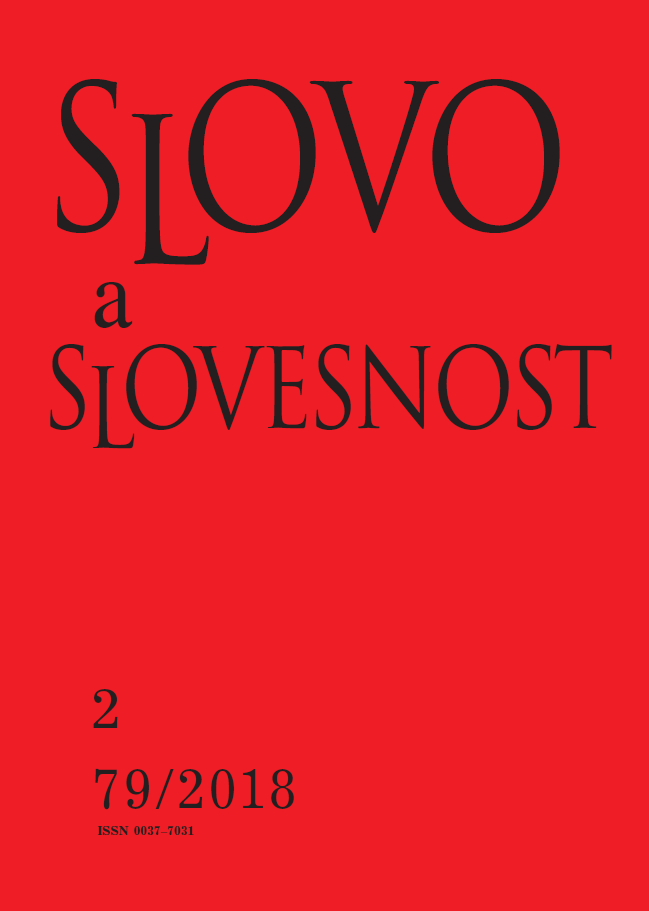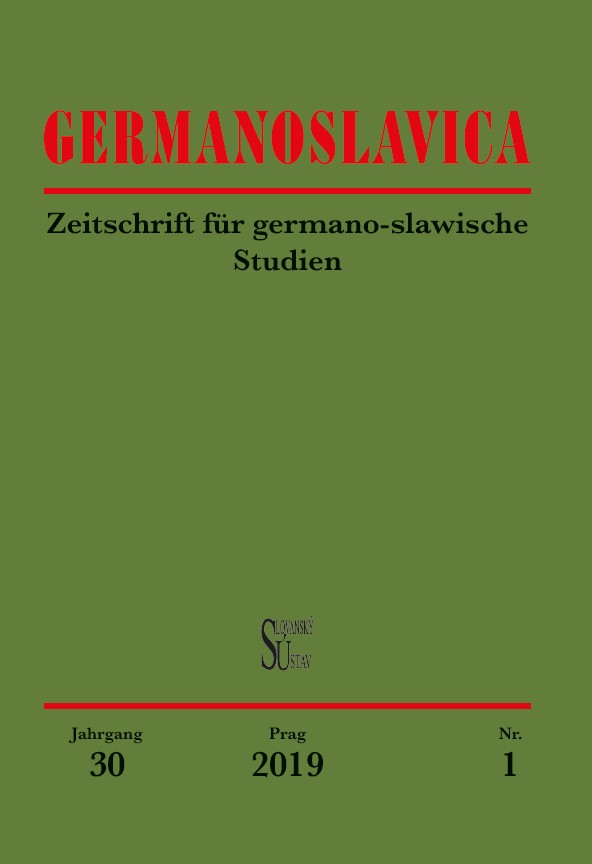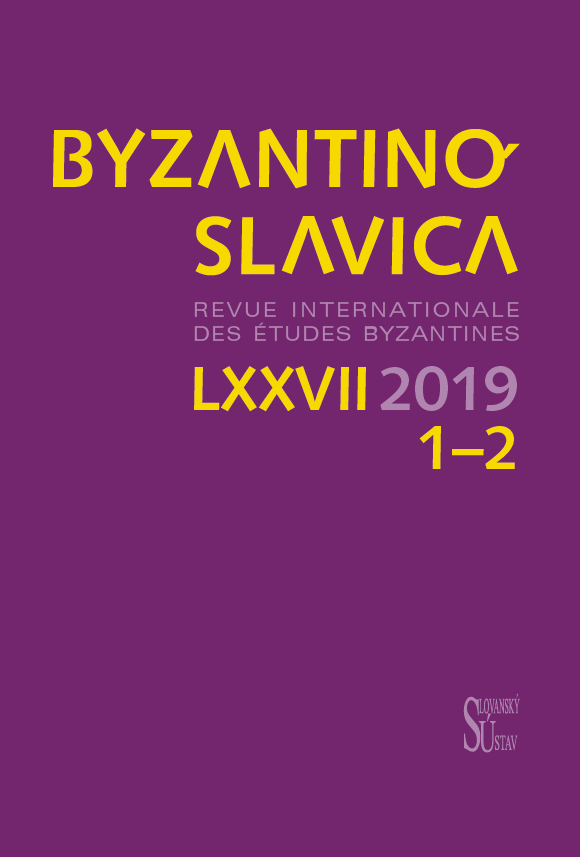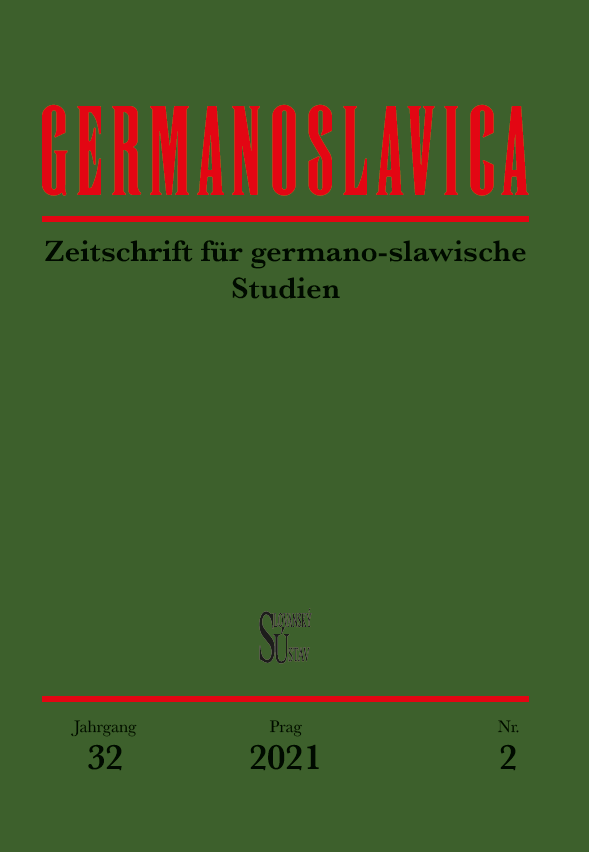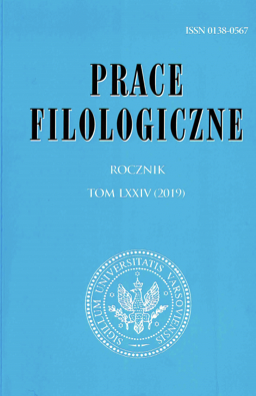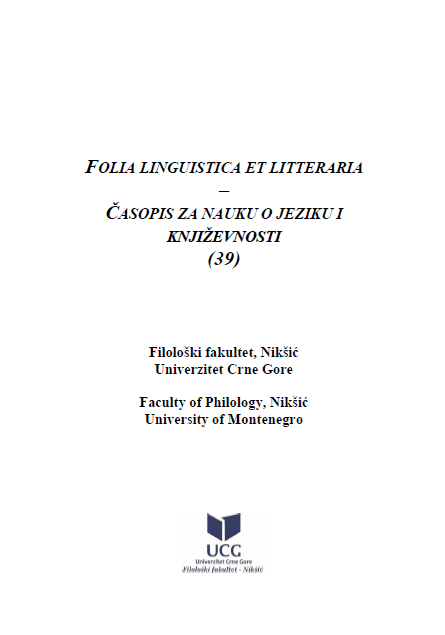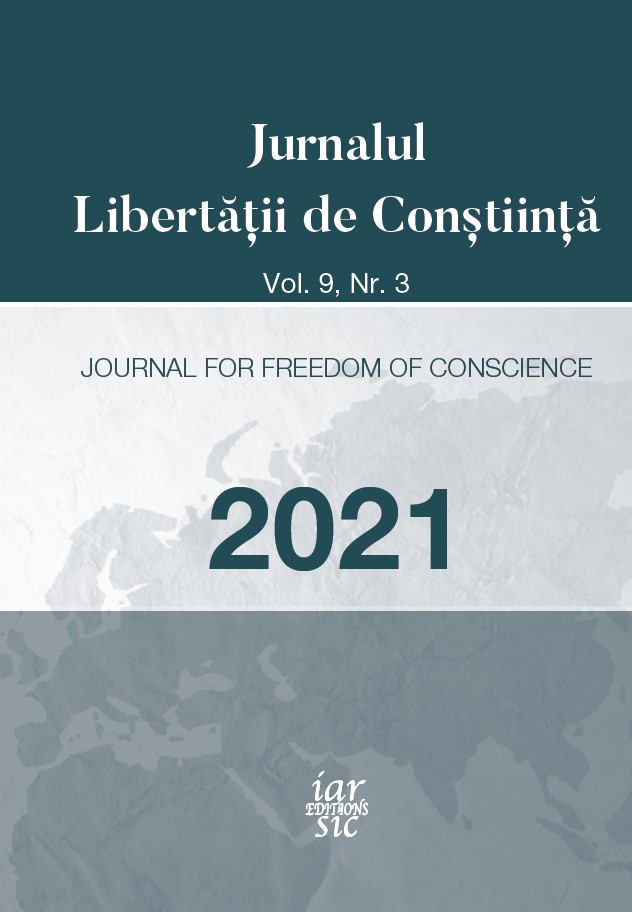Author(s): Virginija Masiulionytė / Language(s): German
Issue: 66/2014
This paper deals with the expression of evaluation in German and Lithuanian court judgments in civil cases. The purpose is to analyze lexical and grammatical devices, used by the court – the source of evaluation in this text type – in its judgments to express its opinion towards certain objects of evaluation. The analyzed corpus consists of 10 randomly selected court judgments in German (44 522 words in total) and 10 in Lithuanian (38 347 words in total). The actual scope of the paper is a particular part of the judgments, namely, the grounds, in which the court examines the suit, pleadings of the parties, certain issues, facts and circumstances relevant for the decision etc. and gives its reasons for the decision. The respective parts of court decisions make up a subcorpus of 29 274 words in German and 18 693 words in Lithuanian. The main focus of the research are the aspects of evaluation, i. e. particular attributes of the objects evaluated. It has been found that in the analyzed court judgments the objects are evaluated in terms of success, merits, admissibility, veracity, reasonableness, persuasiveness, suitability, extent, probability etc. The research shows that lexical devices used in the court judgments in both languages to express the evaluation are typically formed on the same basis, e. g. tikėtina ‘(it is) probable’ and tikimybė ‘probability’, abejoti ‘to doubt’ and abejonės ‘doubts’, unangemessen ‘unreasonable’ and Unangemessenheit ‘unreasonableness’; zweifelhaft ‘dubious’, zweifelsfrei ‘free of doubt’ and Zweifel ‘doubt’. In comparison to the German court judgments analyzed, Lithuanian court judgments contain an wider diversity of specific lexical constructions containing verba dicendi and verba putandi, in which the evaluating subject is encoded explicitly. The constructions found include the following: teismas sprendžia, kad/jog ‘the court rules that’, teismas laiko, kad ‘the court assumes that’, teismas vertina, kad ‘the court assesses that’, teismas daro išvadą, kad ‘the court concludes that’, teismo vertinimu ‘upon the court’s assessment’ etc., whereas only the verb überzeugen ‘to convince’ and one construction with the derivate of the latter: zur Überzeugung des Gerichts ‘the court is convinced’ are found in the German judgments analyzed). Furthermore, it has been noted that in this text type, lexical devices are also used to indicate that the particular issue is not relevant in this lawsuit and is not going to be evaluated. In addition, the paper examines optional elements of the evaluative construction: motivations, intensifiers and de-intensifiers. The evaluation is enhanced both lexically and by combining two and more lexemes, whereas the signals of de-intensification vary in the analyzed judgments of both languages: in addition to grammatical means, diverse lexical modal words, such as kaum ‘hardly’, grundsätzlich ‘basically’, offenbar ‘apparently’, jedenfalls ‘at any rate’, vielmehr ‘rather’ are used in the German judgments, whereas in Lithuanian, there is mainly a participle of necessity employed in this way, and the lexical modifiers used are limited to the construction iš esmės ‘basically’.
More...

